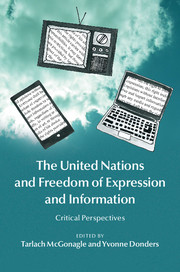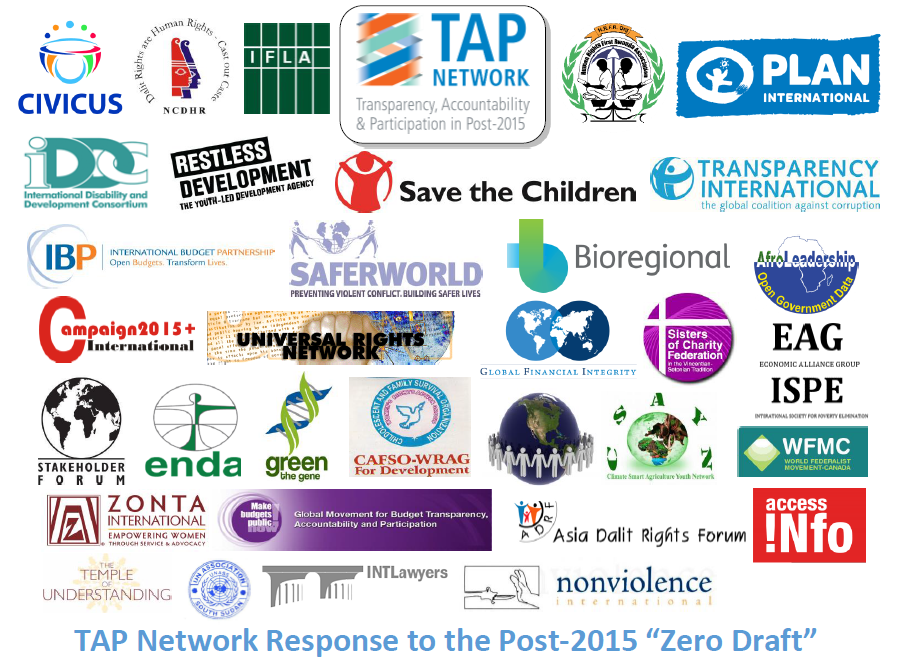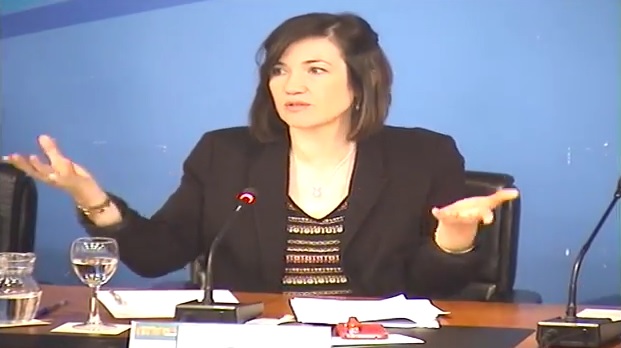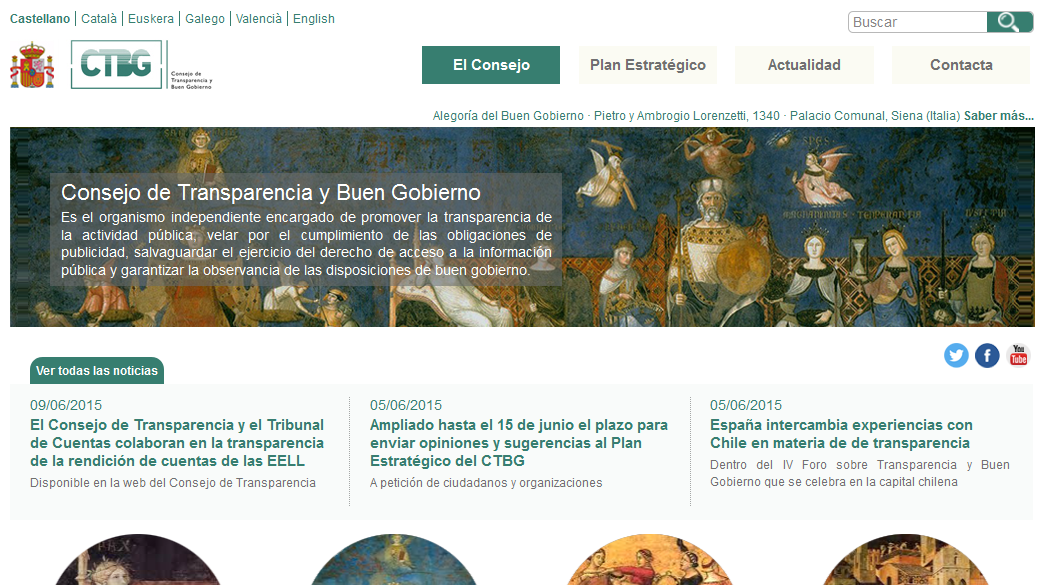Victoria Anderica: «Queremos crear una ordenanza que obligue a dar la máxima información»
Helen Darbishire2018-11-13T10:06:54+01:00Eldiario.es | 26/06/2015 Español – El Ayuntamiento de Madrid, liderado por Manuela Carmena, ha nombrado a la activista Victoria Anderica directora del proyecto de transparencia, dependiente de la Concejalía de Participación Ciudadana, Transparencia y Gobierno Abierto, responsabilidad de Pablo Soto. Anderica, licenciada en Derecho y con un máster en Comunicación, Cultura y Ciudadanía Digitales, ha trabajado durante cinco años en el proyecto Access Info, donde destaca su labor de lobby para la aprobación de la ley de transparencia en España. Leer más…








